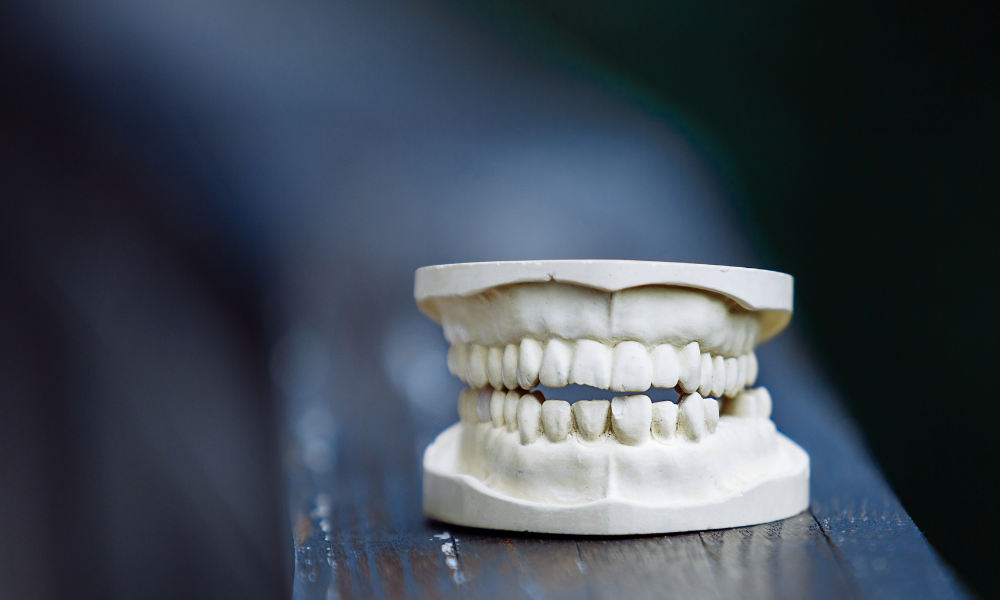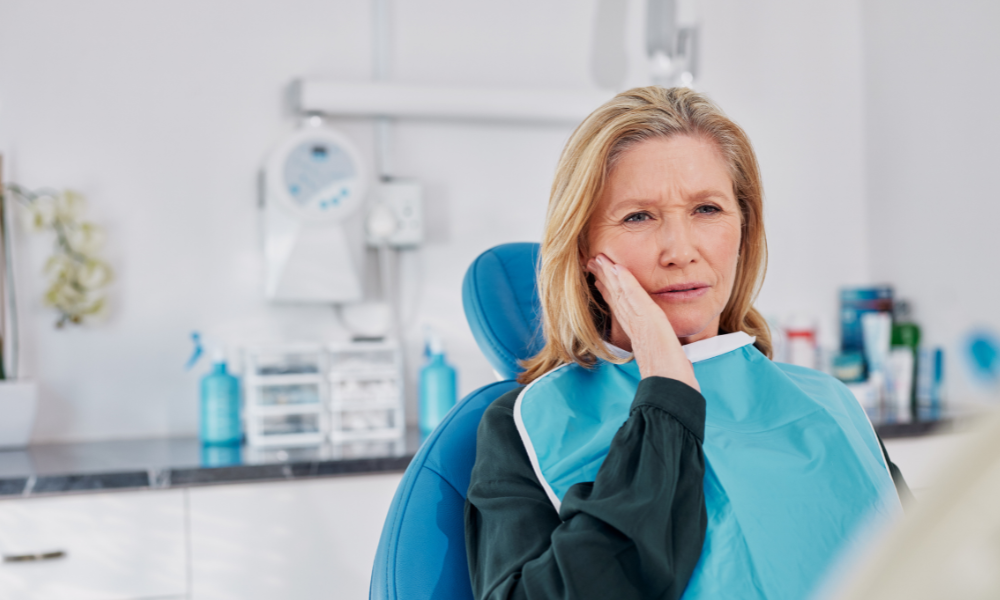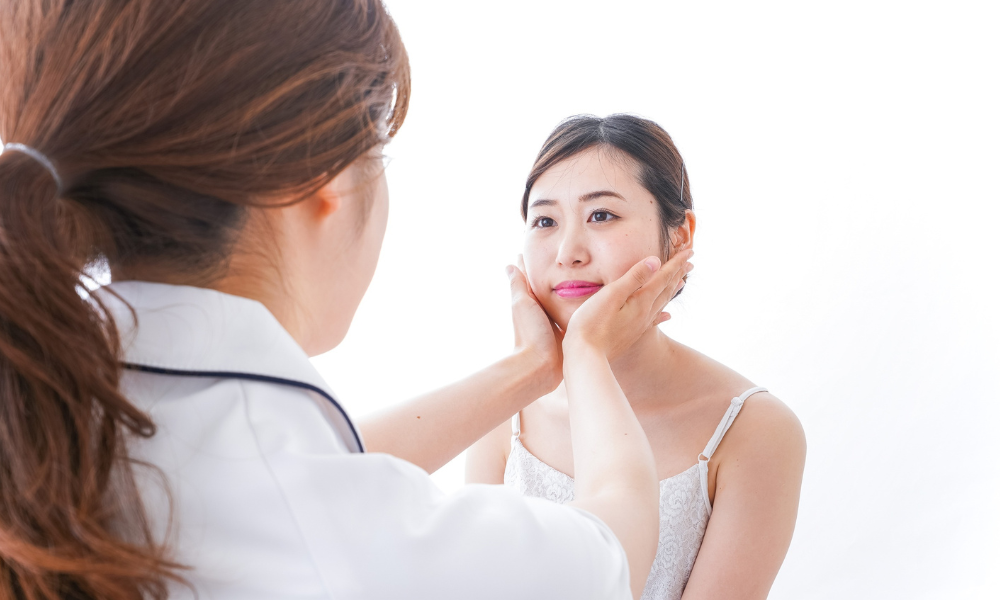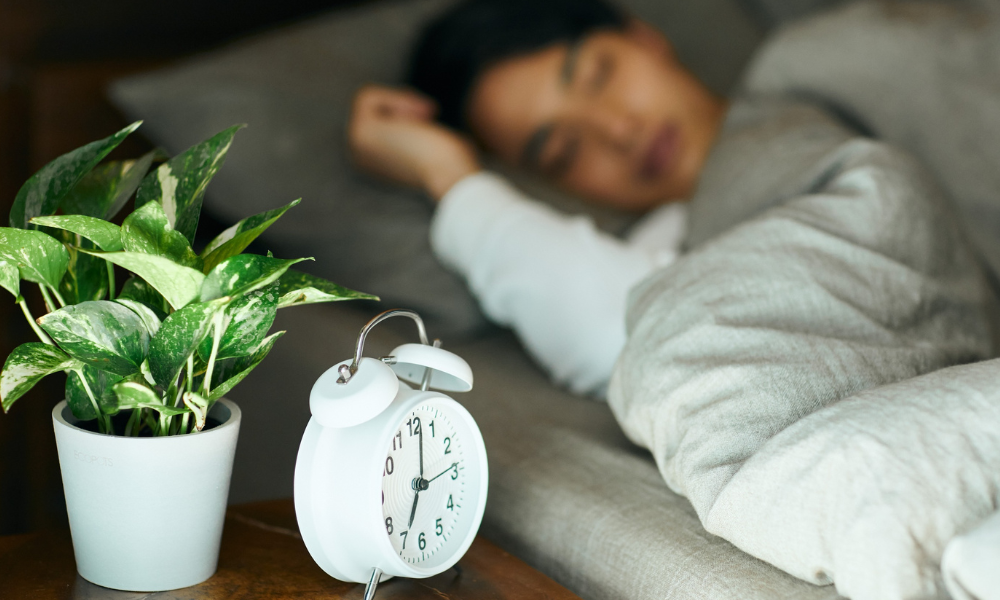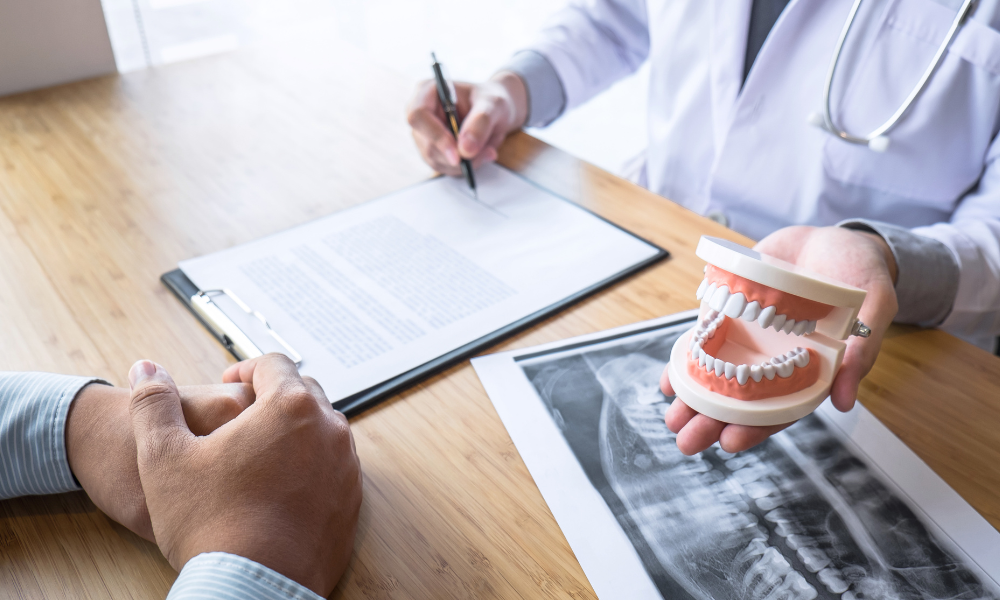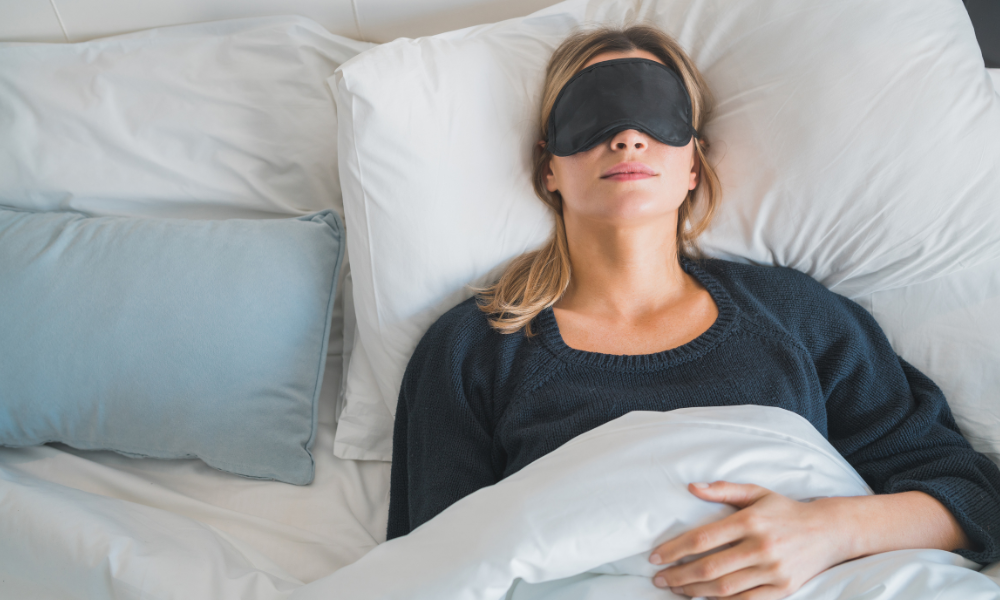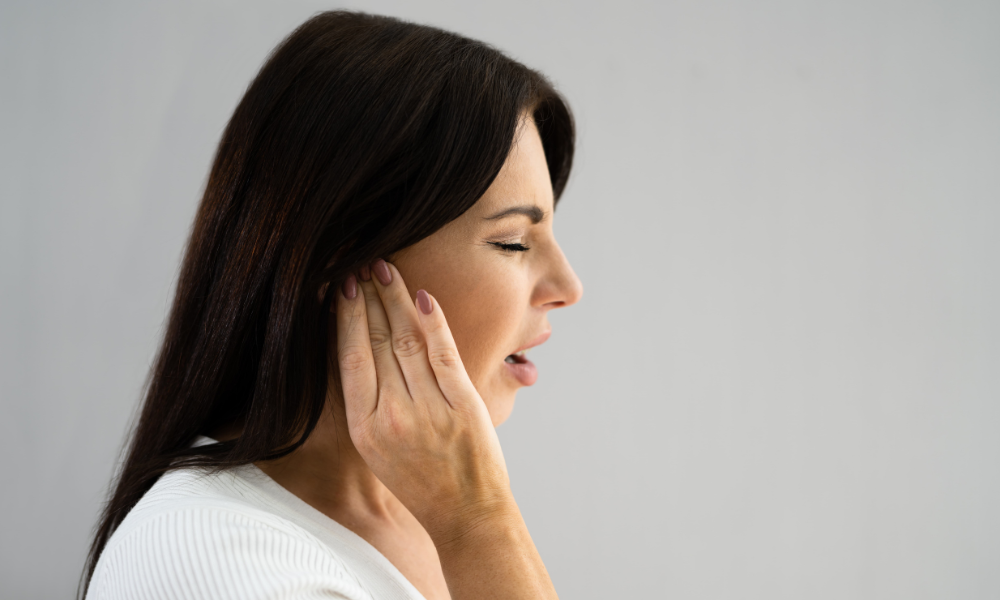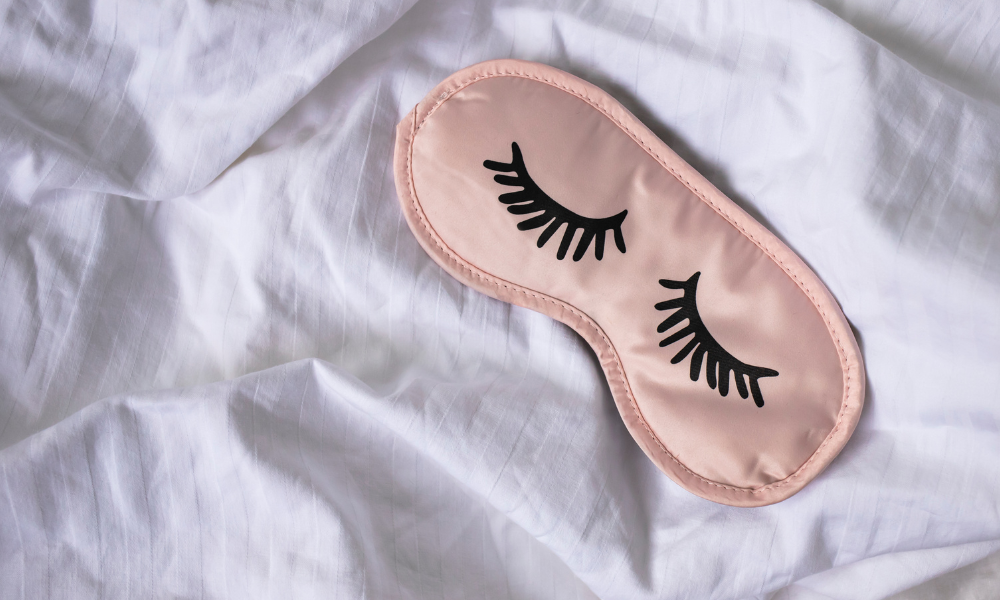
While sleep apnea and temporomandibular joint (TMJ) disorders may seem unrelated at first glance, research suggests a noteworthy connection between these two conditions. By understanding the link between sleep apnea and TMJ disorders, patients suffering from one or both conditions can seek appropriate treatment and potentially improve their overall health. In this article, we will delve into the connection between sleep apnea, a common sleep breathing disorder, and TMJ disorders, which affect the joints that connect the jaw to the skull.
Discovering the relationship between these seemingly distinct conditions is vital, as it can lead to more efficient and comprehensive treatment approaches that address the root causes of the problems. Read on to learn more about the connection between sleep apnea and TMJ disorders, their symptoms, and how addressing one can potentially benefit the other.
Understanding Sleep Apnea
Sleep apnea is a common sleep disorder characterized by multiple instances of interrupted breathing during sleep. The most prevalent form, Obstructive Sleep Apnea (OSA), occurs when the muscles in the throat relax, leading to partial or complete airway obstruction. Common symptoms of sleep apnea include loud snoring, gasping for air during sleep, disrupted sleep, excessive daytime fatigue, and morning headaches. If left untreated, sleep apnea can contribute to several health issues such as high blood pressure, heart disease, stroke, and type 2 diabetes.
Understanding TMJ Disorders
Temporomandibular Joint (TMJ) disorders affect the jaw joint and muscles responsible for jaw movement. These disorders can cause pain in the jaw, face, head, neck, and sometimes even the shoulders. Symptoms of TMJ disorders may include jaw pain, difficulty chewing, facial pain, headaches, and a locking or clicking sensation in the jaw joint. TMJ disorders can result from numerous factors, such as genetics, stress, injury, teeth grinding, or arthritis in the joint.
The Connection Between Sleep Apnea and TMJ Disorders
Recent research indicates a link between sleep apnea and TMJ disorders, suggesting that one condition may exacerbate or contribute to the other. Here are a few ways these two conditions may be interconnected:
1. Airway Obstruction:
An individual with a TMJ disorder may experience difficulty positioning their jaw correctly during sleep, which can lead to a blocked airway, contributing to sleep apnea.
2. Bruxism:
Bruxism, or teeth grinding, is often associated with TMJ disorders. This habit can cause the tongue to move backward during sleep, increasing the likelihood of airway obstruction and sleep apnea.
3. Sleep Position:
People with sleep apnea are often advised to sleep on their sides to alleviate the condition. However, side-sleeping can sometimes exacerbate TMJ pain, leading to a more complicated treatment approach.
4. Oral Appliance Therapy:
Oral appliances used for sleep apnea treatment help reposition the jaw and tongue, which may also provide relief for some TMJ disorder symptoms.
Diagnosing Sleep Apnea and TMJ Disorders
If you suspect you may be suffering from sleep apnea or a TMJ disorder, seeking a professional medical opinion is essential. Here's what to expect in the diagnostic process for each condition:
Sleep Apnea Diagnosis:
1. Medical and Sleep History:
Your healthcare provider will inquire about your medical history, sleep habits, and any symptoms you may be experiencing.
2. Physical Examination: During a physical examination, the doctor will look for signs of sleep apnea, such as enlarged tonsils, uvula, or tongue that could obstruct the airway.
3. Sleep Study: A polysomnography, or sleep study, is the gold standard test for sleep apnea diagnosis. The test monitors various functions during sleep, including brain activity, eye movements, heart rate, oxygen levels, and respiratory events.
TMJ Disorder Diagnosis:
1. Medical and Dental History:
The diagnostic process begins with a review of your dental and medical history, including any potential causes or risk factors for TMJ disorders.
2. Physical Examination:
Your healthcare provider will examine your jaw and facial muscles, checking for tenderness, clicking, or limited range of motion in the jaw joint.
3. Imaging: In some cases, X-rays, CT scans, or MRI scans may be used to visualize the jaw joint and detect any abnormalities.
Addressing Both Conditions Simultaneously
By understanding the link between sleep apnea and TMJ disorders, healthcare professionals can devise comprehensive treatment plans to address both conditions. In some cases, the same treatment may benefit both sleep apnea and TMJ disorder symptoms:
1. Oral appliance therapy, typically used for sleep apnea management, can also provide relief from some TMJ disorder symptoms by repositioning the jaw correctly.
2. Lifestyle changes, such as weight loss, reducing alcohol consumption, and managing stress, can be beneficial for both sleep apnea and TMJ disorder patients.
3. Physical therapy exercises focused on strengthening jaw muscles and improving joint mobility can potentially improve TMJ symptoms and reduce airway obstruction associated with sleep apnea.
4. Continuous Positive Airway Pressure (CPAP) therapy, while mainly addressing sleep apnea, may alleviate some TMJ pain by promoting a more relaxed and open airway during sleep.
Improving Your Sleep and Jaw Health Today
Understanding the connection between sleep apnea and TMJ disorders can pave the way for more effective treatment solutions, ultimately improving the overall health and well-being of patients affected by these conditions. At Columbia Center for Sleep Apnea and TMJ, Dr. Bloxham is dedicated to helping you address sleep apnea and TMJ disorders concurrently by designing personalized treatment plans catered to your unique needs.
Don't let sleep apnea or TMJ disorders continue to interfere with your daily life. Schedule a consultation with Dr. Bloxham today and embark on a path towards better sleep, reduced jaw pain, and enhanced quality of life. With his comprehensive approach to
TMJ and sleep apnea in Richland, state-of-the-art treatment options, and patient-focused care, you can experience the relief you've been seeking.
